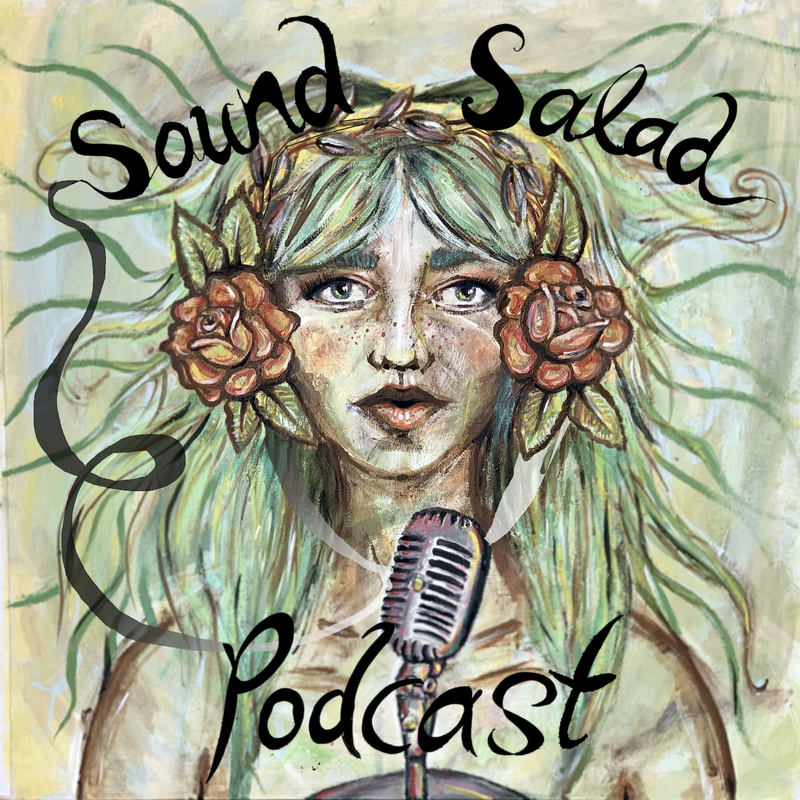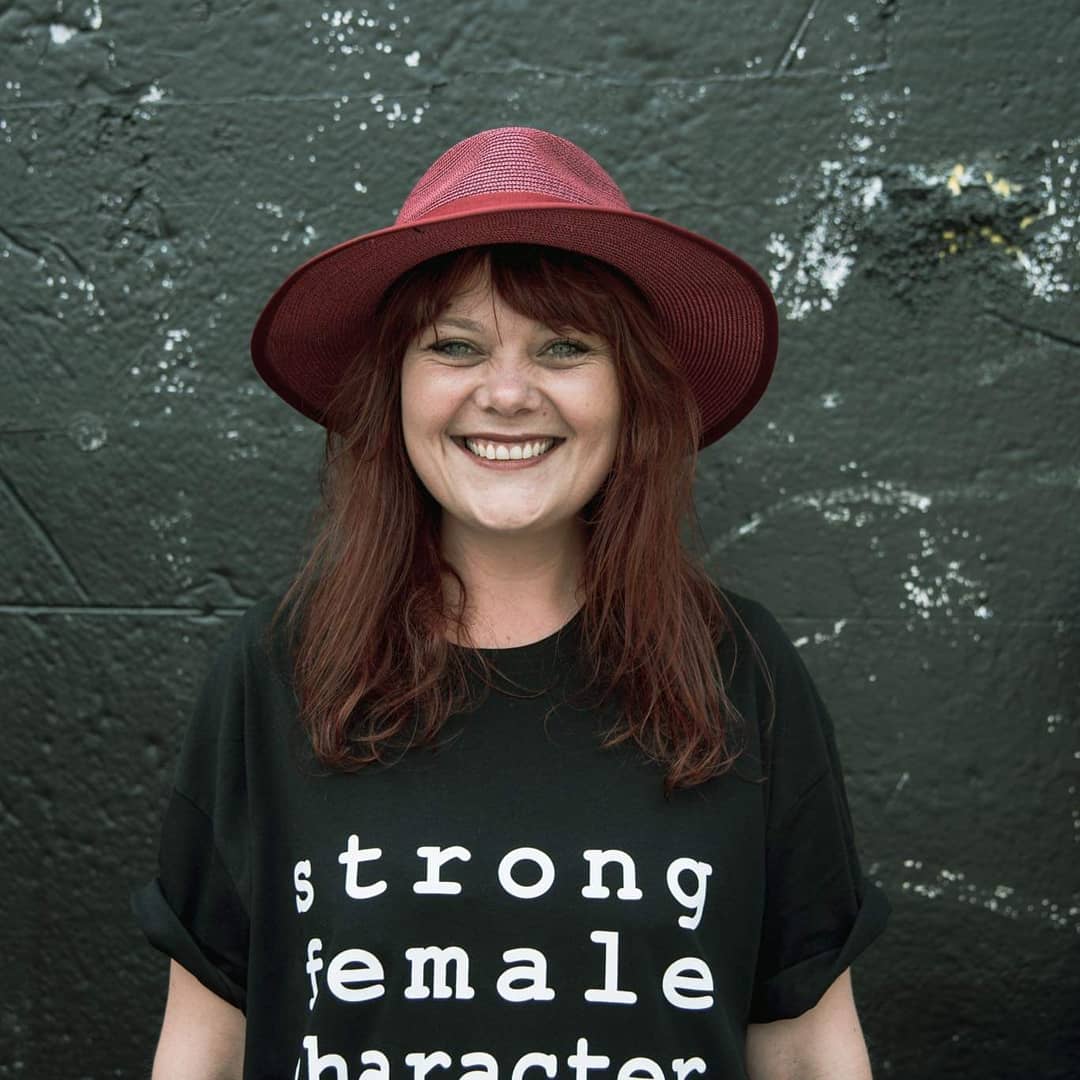Audiobooks New Zealand
Menu
Sound Salad
|
|
According to Theo, it has been an interesting, slow and strange year for audiobook production, for many reasons. A huge factor that is undeniable is the promotion of artificially manufactured voices to authors looking to get their books made into audio and up for sale on Amazon, Audible, Spotify etc. Artists and actors have notoriously been vulnerable minorities who seem easily disposable anyway, so we’re no strangers to having to fight for our place in society. This is just another classic way people can cut a corner (or the role of the artist,) in the attempt to save money, but given that the average person doesn’t know how much is involved in making an audiobook, how much are they actually saving by opting for AI? The answer is, not much.
A bottom line argument from our end, is that you’re compromising the quality of your product for an audience of listeners you are assuming are ok to listen to synthetic storytelling, when most lovers of audio content would wholeheartedly agree, it’s hardly satisfying. 13 hours of Moby Dick narrated by something that sounds like Siri does not a quality listening experience make. It’s like gathering around a heat pump instead of a fire. It’s a photocopier for the voice, a cloning tool and something that responds to what it’s fed, not something that can deliver with empathy, pace and breath the sort of performance a quality story deserves. From a technical point of view, it also means that your operator or audio engineer - who is meant to be responsible for compiling the audio files and chapters into compatible formats for most listening platforms - becomes the pseudo narrator or storyteller themselves; choosing an AI voice to go with, piecing together sentences and paragraphs into some semblance of story, and editing pauses and inflection in order to convincingly make a bot sound, well, human. This is a very real threat to actors and voice artists worldwide, it’s a big part of the actors’ strike in the US, and something we need to bring to the attention of the general public, aka our audiences, so they’re aware of the situation enough to speak out against its use when it comes to organic storytelling. It’s not just actors or those in entertainment who are impacted. We, as digital consumers, need to think more closely about how we hand over our data and how it’s used. If Apple can load your voice into Siri so you can tell yourself how to get home, who owns that then? Where is that going? How can you be sure someone isn’t putting your voice to a porn novel without your knowledge? Short answer, you can’t. Theo and I believe we should never replace people in this medium, but I guess we would, it being our industry and livelihoods. The narrators working for AudiobooksNZ and Blind + Low Vision NZ generally make their income from voice work, something that is scarce in our wee country as it is. This is just the beginning of a bigger conversation around representation, body sovereignty, ownership of bodily IP, and respect for the integrity of the artist's function and role in our society. We’re keen to continue the conversation to remain mindful and wary, to broaden it as the issue updates and as AI proceeds rapidly through its own technological advancement, regardless of our thoughts or feelings about its existence.
1 Comment
Elisabeth Easther
24/11/2023 10:18:26 am
Well said, Romy!
Reply
Leave a Reply. |
Romy HooperRomy Hooper, Audiobook Narrator, Actor, Writer and Podcast Host Archives
November 2023
Categories |


 RSS Feed
RSS Feed